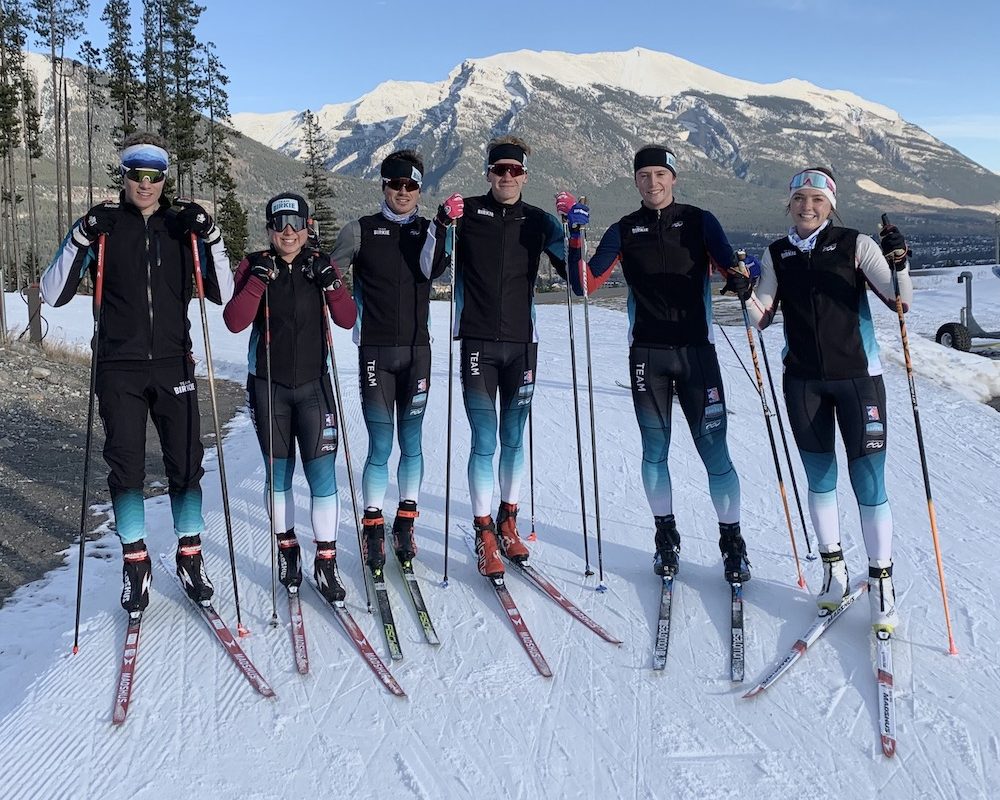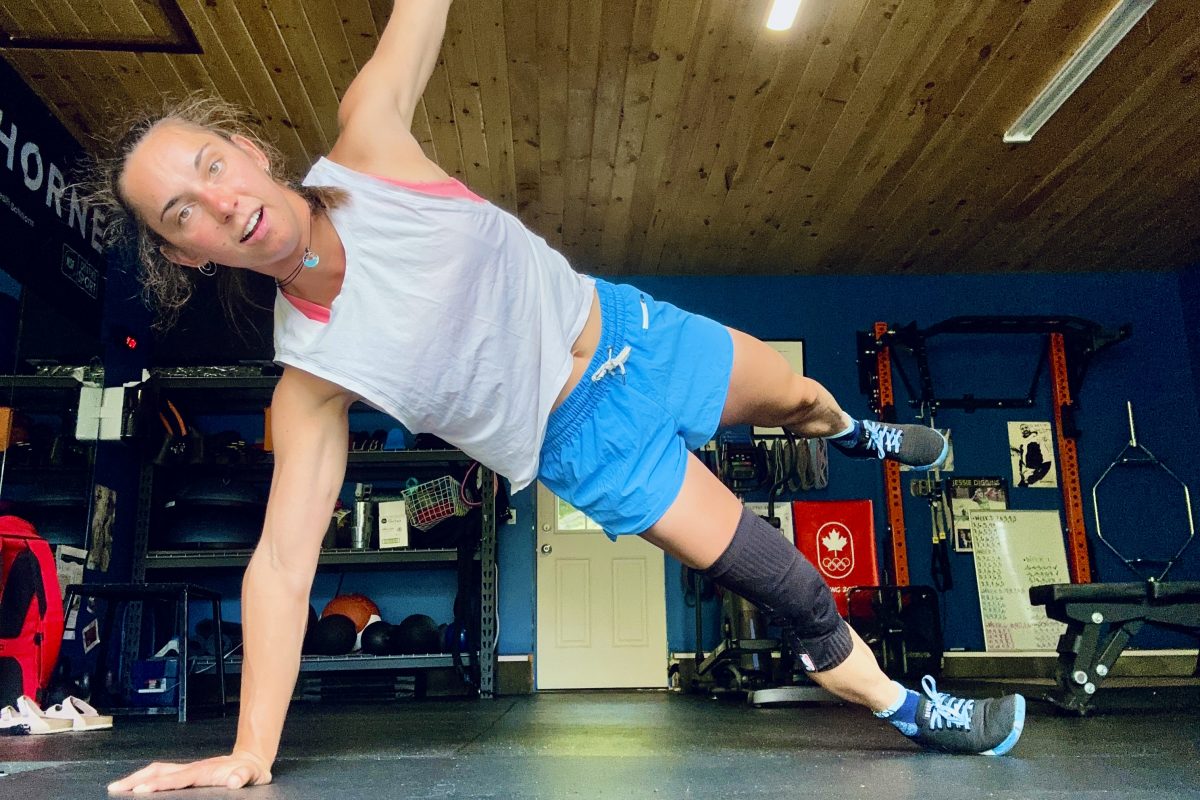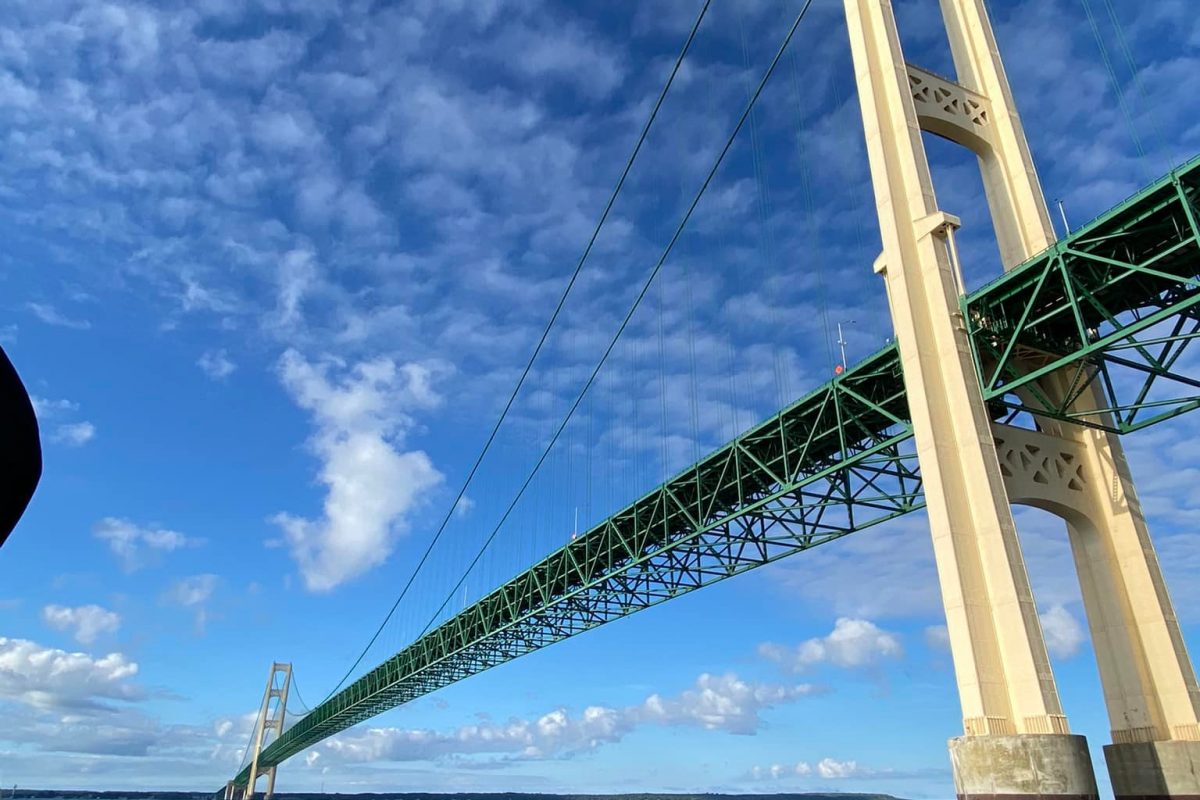
LAKE PLACID, N.Y. – In theory, moving up the annual U.S. Ski Team camp in Lake Placid from October to mid-September made sense.
It allowed space for a final dryland camp in Park City, Utah, where the USST athletes could train at higher elevations and follow up on tests taken earlier in the year.
Also, September usually brings better weather than October in Lake Placid.
In nearly 10 years of training in upstate New York, the USST had endured rain, wind and chilly conditions at least a few times. Head coach Chris Grover recalled one occasion when the camp’s final rollerski race, the Climb to the Castle, was modified because of ice-covered roads near the top of Whiteface Mountain.
The race’s host, the New York Educational Ski Foundation, changed the hill climb’s date to coordinate with the USST and New England Nordic Ski Association camp this year. That could have remedied the weather problem, but plans often hit snags, and as Grover recently discovered in Lake Placid, they end up altered.
Upon arriving to the Olympic Training Center, where the USST and several elite juniors planned to stay for a week and a half, Grover learned that most of the High Peaks trails were closed.
Tropical Storm Irene was to blame, and as the rain continued, it looked as if trail running was off the training schedule. A week later, Grover found an open trail, and his athletes ran several hours in the woods while surveying the damage.
“There were some places where they had to reroute the trail,” Grover said. “There was also a mudslide/landslide out there. It was pretty wild to see.”
Except for one closed road, the rollerskiing routes were generally the same as those used in years past, he said.
“It hasn’t been disruptive,” Grover said of the limited road and trail closures.
Among the 12 athletes on the USST A-, B- and D-teams, eight traveled to Lake Placid. Kikkan Randall had gone to southern Ontario to relax with family before heading back to Alaska. Grover said she had an extremely productive summer that included a personal best 5 k road race in 17 minutes, 9 seconds.
The three other A-team athletes – Kris Freeman, Andy Newell and Liz Stephen – made it to Lake Placid. Newell suffered an early setback, which was either food poisoning or a 24-hour stomach illness, Grover said. He was back in action a day later and won Monday’s prologue time trial by 27 seconds.
The prologue’s second-place male and Newell’s roommate pre-sickness, Simi Hamilton, posted a solid performance with a knee injury. Grover believed Hamilton suffered a knee contusion when he ran into a bedpost one night before camp. The B-team member spent the first couple of days rehabbing at the Olympic Training Center and modified workouts in the days that followed. Grover expected him to race in Saturday’s Climb to the Castle.
Of the original eight that came to Lake Placid, the only one that was out for the five-mile climb was Skyler Davis. Named to the development team this year, Davis left camp early to recover from a lingering illness in his home state of Vermont. While his diagnosis was unclear – Grover said it might be a viral or bacterial infection – Davis had been sick since training in New Zealand with the U.S. men’s team last month.
According to USST development coach Pete Vordenberg, Davis will not be going to Park City, either.
“Skyler is focused on getting well and building up his training again rather than doing a lot of hard training,” Vordenberg wrote in an email, “which is what we’ll be doing more of in Utah at that time.”
Newell and Ida Sargent, who was in Lake Placid, will also stay on the east coast while their teammates train in Park City. Grover said their outstanding performances at low altitude this summer led their coaches to believe they should stay home.
“They are having such good improvement right now here at sea level that it made sense to travel them less and prepare for the season in that way,” he said.
In addition to Sargent, Noah Hoffman and Tad Elliott represented the U.S. B-Team in Lake Placid. Both made the trip from Colorado.
Of the remaining three that were missing, Sadie and Erik Bjornsen (of the B- and D-teams, respectively) were excused because of their involvement with the Alaska Pacific University team.
“Typically the APU guys don’t come to this camp because it’s flying a long ways to a dryland camp,” Grover said. “So this just doesn’t really make good logistical sense to them because they come from Alaska.”
Also an APU skier, Randall fell into that category. Jessie Diggins, a 19-year-old B-teamer, did not make it out to Lake Placid because of a busy schedule the Central Cross Country ski team, Grover said. She planned to make three of four USST camps.
“She’s just new on the team and younger,” Grover said. “With a young athlete we must be careful not to overdo it, if possible.”
In all, Grover said he was pleased with the turnout and was excited about the upcoming camp out West.
“It would be one thing if (the missing athletes) were getting on snow, but it’s not that situation,” he said. “So we’ll see all those guys coming up here in a couple weeks in Park City.”
Alex Kochon
Alex Kochon (alexkochon@gmail.com) is a former FasterSkier editor and roving reporter who never really lost touch with the nordic scene. A freelance writer, editor, and outdoor-loving mom of two, she lives in northeastern New York and enjoys adventuring in the Adirondacks. She shares her passion for sports and recreation as the co-founder of "Ride On! Mountain Bike Trail Guide" and a sales and content contributor at Curated.com. When she's not skiing or chasing her kids around, Alex assists authors as a production and marketing coordinator for iPub Global Connection.



